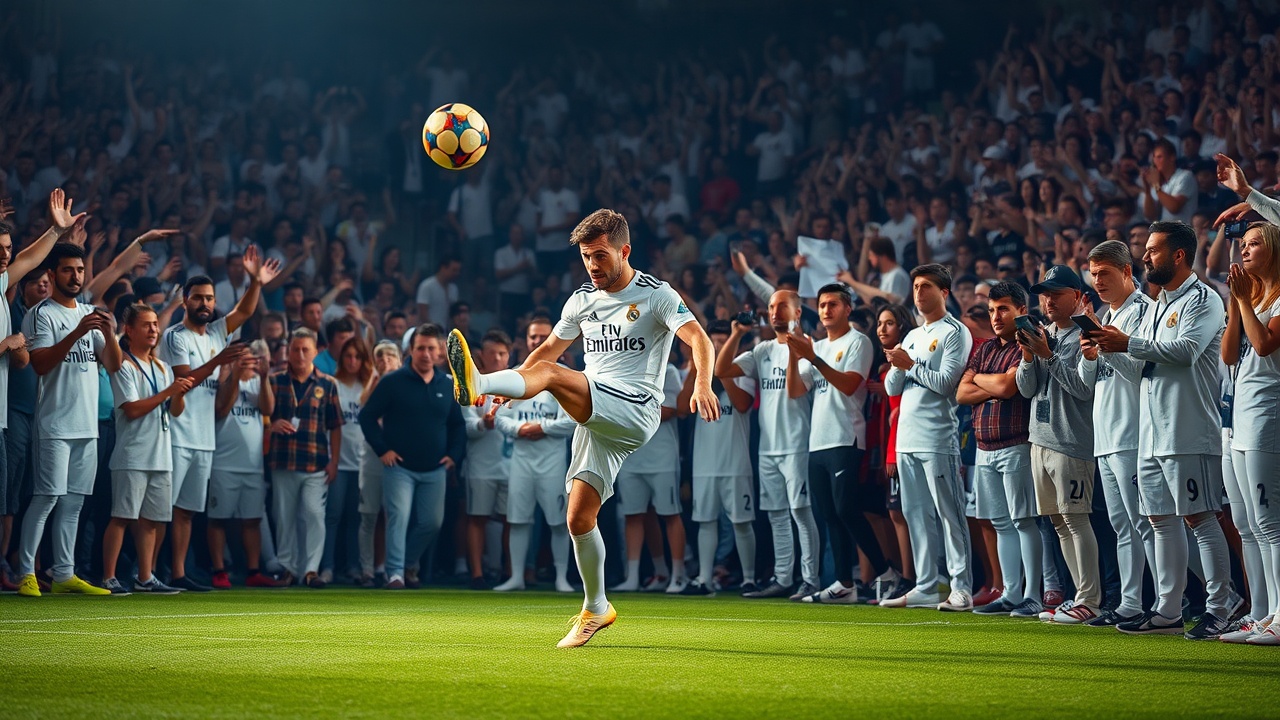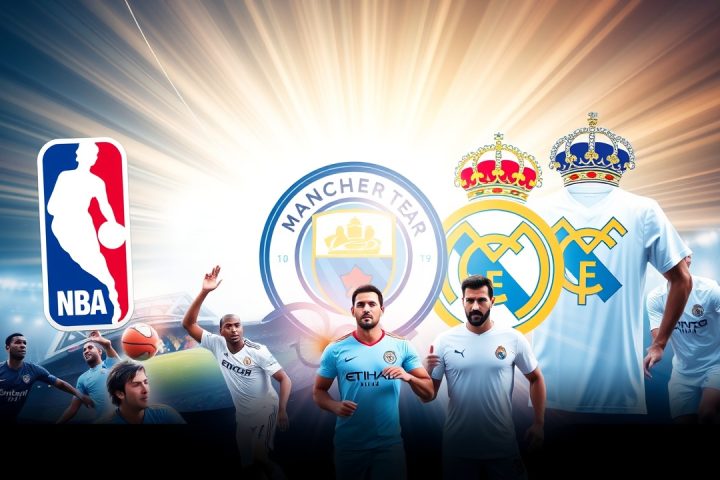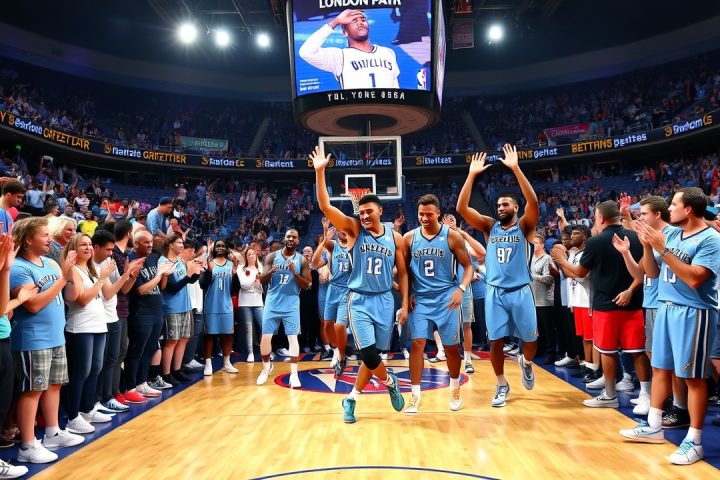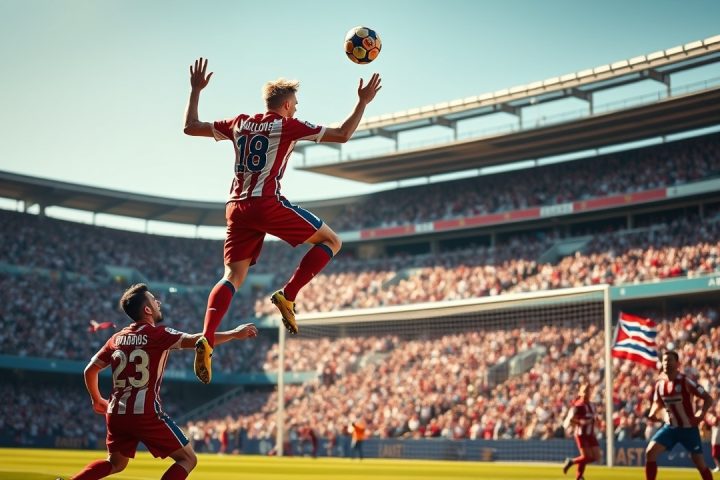Trent Alexander-Arnold’s Historic Moment
Trent Alexander-Arnold, at the tender age of 20, secured his place in the annals of Liverpool’s history during a breathtaking moment in the 2019 Champions League semifinal against Barcelona. With the match in its dying moments and the score hanging in the balance, he seized an opportunity to take a quick corner kick, catching the Barcelona defense off guard. This moment led to Divock Origi’s decisive goal, propelling Liverpool to the final, where they triumphed over Tottenham Hotspur, marking the club’s sixth European title.
Liverpool’s Success and Alexander-Arnold’s Role
In the subsequent years, Liverpool’s fortunes soared, claiming two Premier League trophies and reaching another Champions League final in 2022. Central to this success was Alexander-Arnold, who consistently ranked among the top assist providers in the Premier League and became a game-changing full-back known for his ability to create chances both during open play and set pieces.
Transition to Real Madrid
However, this dynamic chapter in Alexander-Arnold’s career took a turn when he departed Liverpool, a club where he had established himself as a key player for nearly a decade, and moved to Real Madrid after his contract came to an end. His debut with the Spanish club came at the Club World Cup, where Real Madrid faced a tough opponent in Paris Saint-Germain.
The Evolution of Liverpool Under Jürgen Klopp
To fully appreciate Alexander-Arnold’s journey, one must reflect on the evolution of Liverpool under Jürgen Klopp. When Klopp stepped into the managerial role in 2015, the team was characterized by a more traditional style of play. His transformative tactics, rooted in “heavy metal football”—a strategy based on high-intensity counterpressing—laid the foundation for the modern success that would later define the club. Early in his tenure, quick transitions from defense to offense became paramount, with players like Joe Allen providing the necessary energy to initiate attacks.
As Klopp refined Liverpool’s approach, a star-studded lineup emerged, which included key acquisitions like Sadio Mané, Mohamed Salah, and Andrew Robertson. The emergence of Alexander-Arnold as a prominent full-back was vital, as he provided width and creativity, often mimicking a winger’s role in attack. This restructuring allowed Liverpool’s front five to flourish, thereby shaping one of Europe’s most effective attacking units.
Challenges and Tactical Adjustments
Throughout the late 2010s, Liverpool demonstrated a penchant for high-volume crosses, often attributed to Alexander-Arnold’s exceptional crossing ability. His effectiveness in creating goal-scoring opportunities positioned him among the top players in various offensive metrics, showcasing his skill in delivering pinpoint passes from deep.
Despite the team’s successes, challenges arose when facing defensively robust opponents who forced Liverpool to navigate potential low-block defenses. Adjustments were made, with Klopp exploring new tactical roles for his squad members, including Alexander-Arnold. In 2022-23, Alexander-Arnold transitioned to a central midfield role, a strategic shift that aimed to regain control and create more scoring opportunities.
The team’s performance fluctuated, and by the end of the 2022-23 season, they had missed Champions League qualification. Nevertheless, a promising start to the 2023-24 season rekindled hopes of title contention, with Alexander-Arnold’s adaptability showcasing his ability to thrive in different tactical frameworks.
Looking Ahead: Alexander-Arnold at Real Madrid
As he embarks on his new chapter with Real Madrid, the anticipation surrounding Alexander-Arnold’s integration into the team’s dynamics is palpable. Under the management of Xabi Alonso, a philosophy emphasizing match control and dynamic transitions will be vital for him to find his place. Possible synergy with talents like Vinícius Júnior and Kylian Mbappé could see the Englishman utilizing his unique skill set to navigate LaLiga’s challenges.
While Alexander-Arnold’s initial appearances with Madrid highlighted areas in need of adjustment—such as his involvement in build-up play—there remains optimism for future success. His proven track record in the Premier League sets a high standard as he looks to replicate his past achievements in a different league. The upcoming seasons will determine how well he adapts and impacts Real Madrid, transitioning from an iconic Liverpool player to a key figure in Spanish football.




